#thomas burke
Explore tagged Tumblr posts
Text
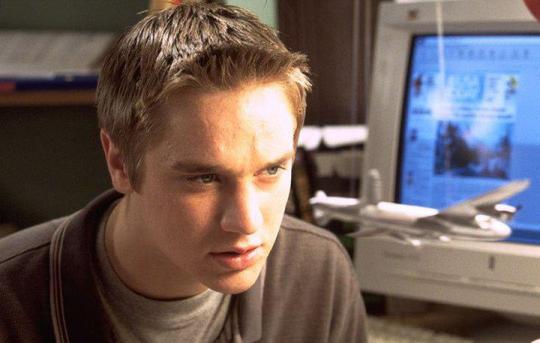
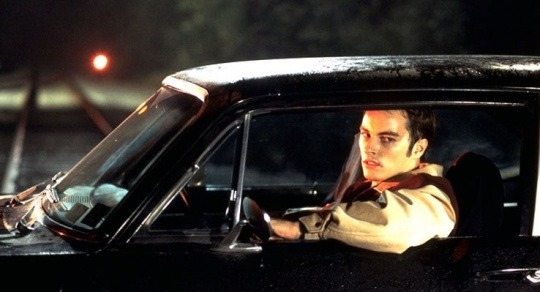

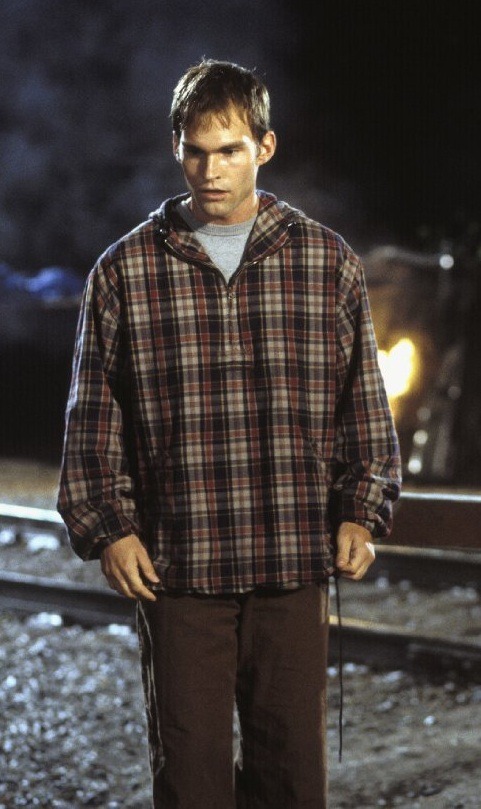
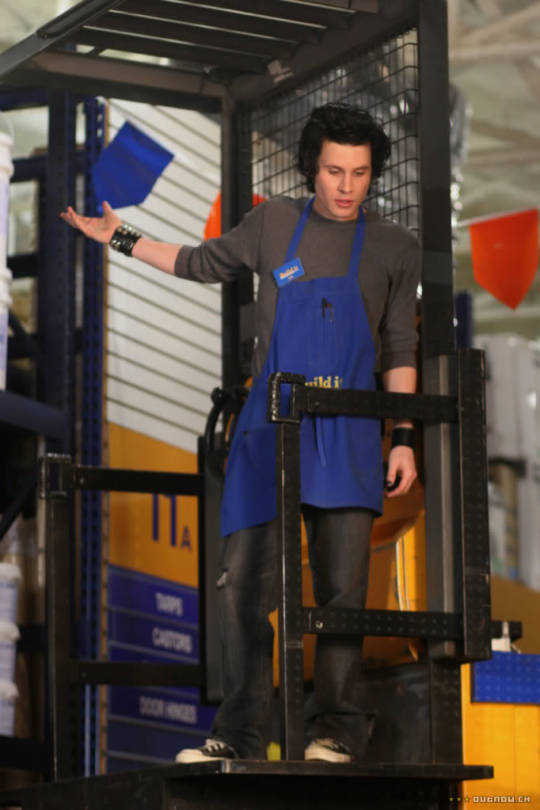

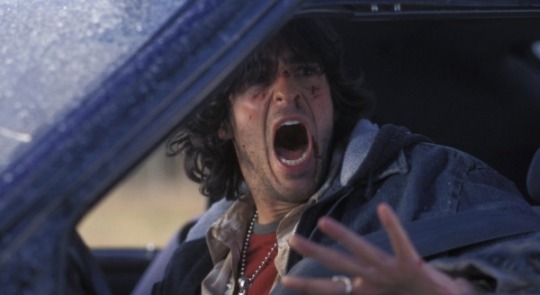



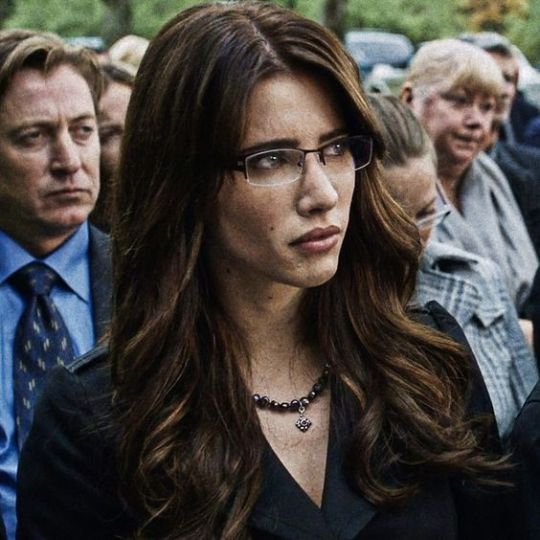
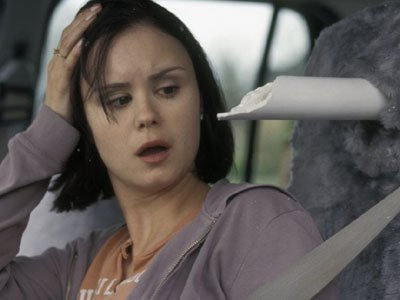
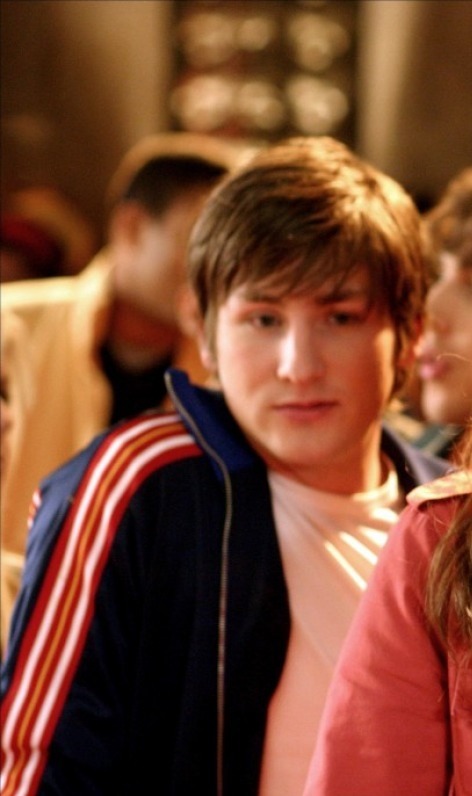
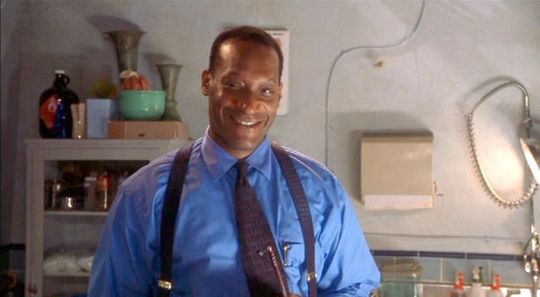
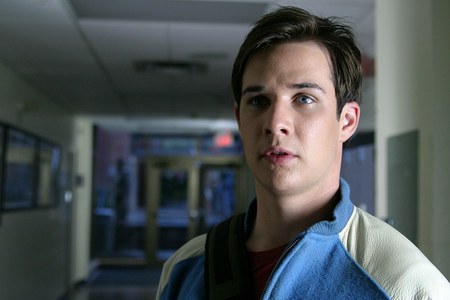
The most charismatic characters of Final Destination.
#final destination#alex browning#devon sawa#william bludworth#tony todd#clear rivers#ali larter#billy hitchcock#seann william scott#carter horton#kerr smith#final destination 2#thomas burke#michael landes#kat jennings#keegan connor tracy#rory peters#jonathan cherry#eugene dix#t. c. carson#t c carson#final destination 3#wendy christensen#mary elizabeth winstead#ashley freund#chelan simmons#ashlyn halperin#crystal lowe#ian mckinley#kevin fischer
154 notes
·
View notes
Text
Final Destination fans, assemble. Are we still active or no? Please reply lmao i need more moots
#final destination#alex browning#clear rivers#carter horton#billy hitchcock#tod waggner#kimberly corman#thomas burke#evan lewis#nora and tim#eugene fd#i forgot their names#ian mckinley#molly and sam#final destination 2#final destination 3#final destination 4#final destination 5#final destination 6
252 notes
·
View notes
Text
What's interesting about Final Destination Bloodlines is that it debunks the original assumption about Isabella and her unborn son in the second movie.

In Final Destination 2, Bludworth informs Clear, Kimberly, and Officer Burke "only new life can defeat death" and "the introduction of life that was not meant to be can invalidate the list."

When Kimberly and Officer Burke remember there was a pregnant woman (Isabella) on Route 23, the trio reckon her unborn baby was the new life Bludworth was talking about.

Isabella does eventually give birth to a boy, much to the trio's relief. Unfortunately, Kimberly has another vision of the pile-up showing Isabella was never meant to die in the first place.

In Final Destination Bloodlines, it is established that any child born to someone after cheating Death would be added to Death's list, as that child was never meant to exist.
This means that, even if Isabella was suppose to die in the Route 23 pile-up, her newborn son's life would never have beaten Death either way. What's more, her son would have been added to Death's list.
#Final Destination#Final Destination 2#Final Destination Bloodlines#Isabella Hudson#William Bludworth#Kimberly Corman#Clear Rivers#Thomas Burke#Officer Burke
44 notes
·
View notes
Text
Final Destination Leads VS. My Preferred Leads


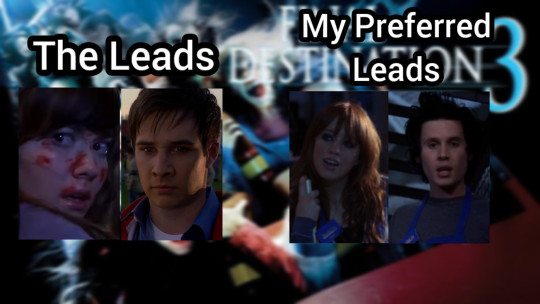


#final destination#final destination 2#final destination 3#final destination 4#the final destination#final destination 5#alex browning#clear rivers#kimberly corman#thomas burke#rory peters#kat jennings#wendy christensen#kevin fischer#erin ulmer#ian mckinley#nick o'bannon#lori milligan#george lanter#sam lawton#molly harper
61 notes
·
View notes
Text
When I first heard this audio I knew I had to make this
#mafia 3#lincoln clay#john donovan#vito scaletta#cassandra mafia 3#thomas burke#mafia iii#mafia trilogy#video#meme#trust me despite all the furry stuff I'm still thinking about this game
34 notes
·
View notes
Text
youtube
A great action sequence may involve pyrotechnics, breakneck vehicle maneuvers and other dazzling stunts, but according to the director George Miller, it may prove hollow without a connection to, and between, the characters. He put a relationship front and center in this sequence from his latest tale in the Mad Max saga, the prequel “Furiosa.” Anya Taylor-Joy stars as the title character and Tom Burke is a driver named Praetorian Jack, with whom Furiosa builds a bond. In the scene, the pair approach the Bullet Farm to pick up munitions for a battle being waged between Immortan Joe and Dementus. But soon after they arrive and their War Rig passes through a portcullis, they are ambushed and they realize that Dementus has taken over the Bullet Farm. Taylor-Joy performs her own car stunt requiring her to spin the vehicle 180 degrees. And the sequence plays out in tense ways as both she and Praetorian Jack defend themselves. But narrating the scene, Miller defines the central purpose: “What follows is that through their actions, not their words and their promises to each other but through their actions, that they are prepared to give of themselves entirely to the other.” He continues, “In a way, it’s kind of a love story in the middle of an action scene.”
#THEY MAKE ME CRY#furiosa#furiosa spoilers#furiosa a mad max saga#furiosa: a mad max saga#praetorian jack#anya taylor joy#tom burke#thomas burke#george miller#bullet farm#Youtube
98 notes
·
View notes
Text
I loved mafia 3 ALRIGHT, but a lot of the missons had me doing the same thing.
#mafia 3#lincoln clay#John Donovan#vito scaletta#mafia 2#mafia 1#mafia definitive edition#mafia trilogy#thomas burke
19 notes
·
View notes
Text


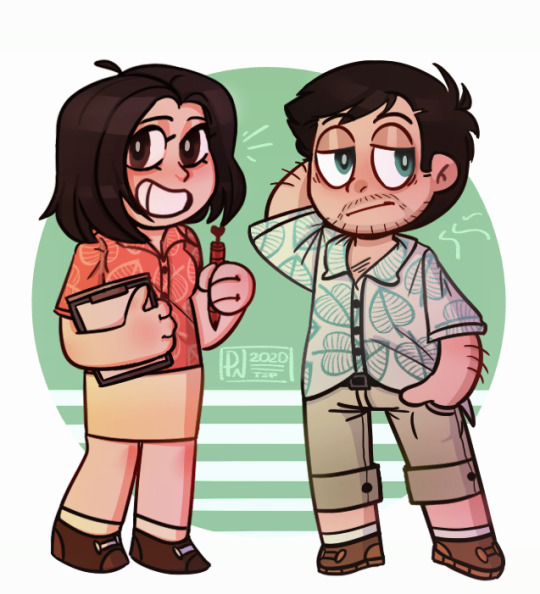

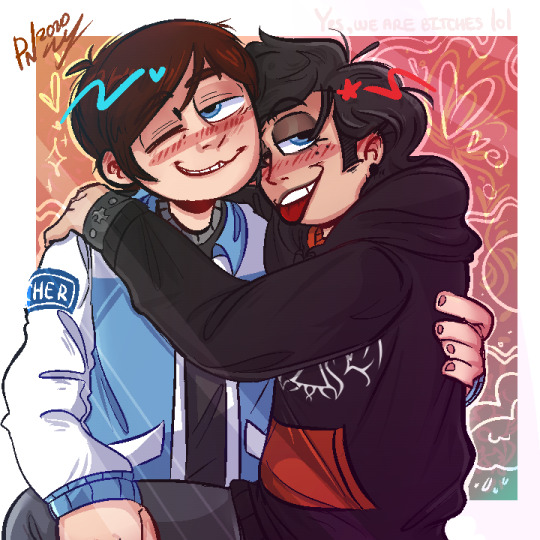
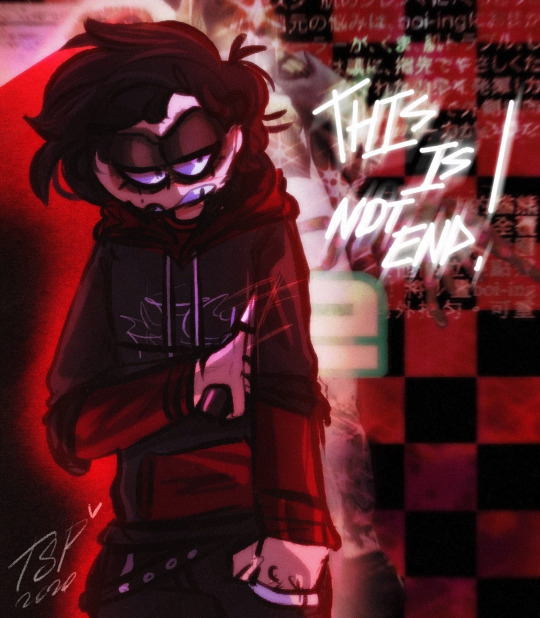
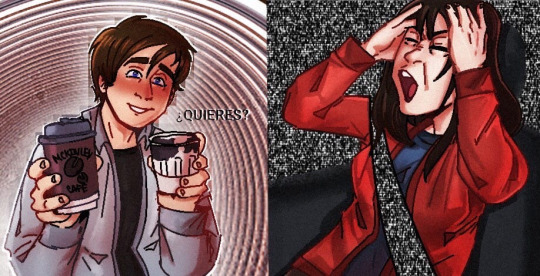
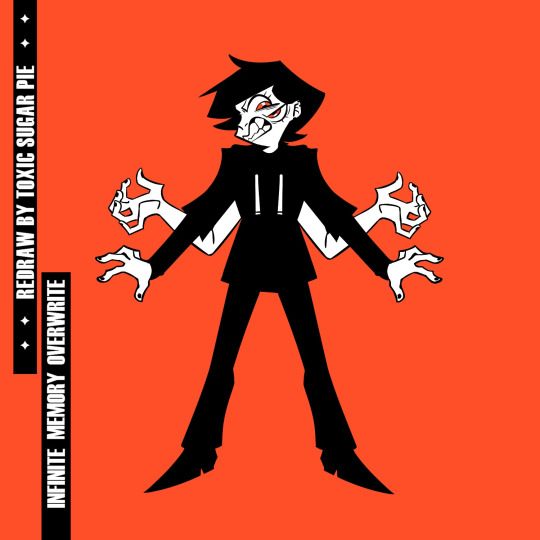
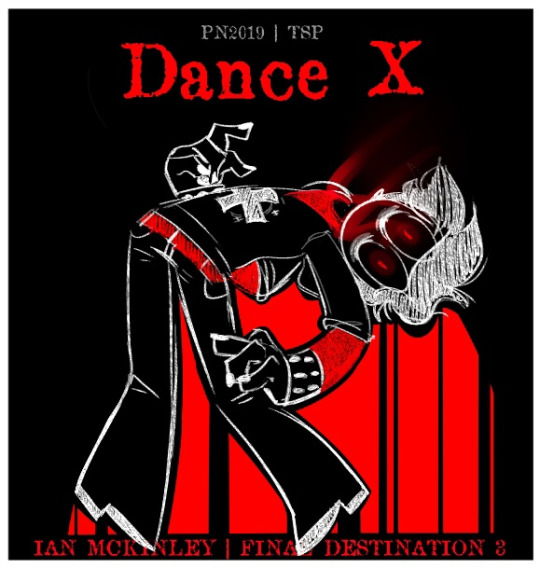
REPLOAD №1
Today I am kind and 3 years later I will re-upload some works that were also demolished as my account (due to my shitty mental state). Actually, I'll say this, this fandom gave me a bunch of cool people and we still have it. There were also gatherings of fans in Russia at the Destination, but we ran around the bars and looked for a friend who was hitching a ride from St. Petersburg to Moscow (it was scary). My other friend, a good clip editor for this fandom, is due to arrive soon. I love her very much, so I'll meet her at the train station with a cake!!
#final destination#final destination 2#final destination 3#kevin fischer#ian mckinley#wendy christensen#kimberly corman#thomas burke
37 notes
·
View notes
Text
Thomas: You're under arrest for trying carry three people on a motorcycle.
Eugene: Damn! Wait did you say three?
Thomas: Yes three.
Tim: OMG
Kat: Kim fucking fell off.
#final destination#final destination 2#kimberly corman#kat jennings#eugene dix#thomas burke#tim carpenter#incorrect quotes#source: tiktok
25 notes
·
View notes
Text
Some interesting tidbits about district assignments
Each underboss starts with one district, their "home" district, if you will. You get to decide which additional districts they get, but there's some assignments that some underbosses might like more than the others.
Southdowns - Vito/Cassandra
Pedestrian chatter indicate it had a large, if almost exclusive Italian presence before.
Vito comments on having a "favorite diner in Southdowns."
If you assign Cassandra to Southdowns, some pedestrians are concerned about the Italians and Haitians not getting along. Some pedestrians say they're getting along.
Cassandra says, "Laundry Machines, cigarettes and stereos. Southdowns knows how to turn a dollar out of everyday items. This is real good for us."
In contrast, Burke doesn't have anything interesting to say.
Barclay Mills - Cassandra
The other two comment on Barclay Mills being garbage, but Cassandra has dreams of revitalizing Barclay Mills. Curiously, Emmanuel says that that's because "she never has to go there."
Vito and Alma admit to having little experience with trains and factories.
Tickfaw Harbor - Cassandra/Vito/Burke
Emmanuel comments on the harbor being good for the marijuana business, and Cassandra likes it for general import/export.
Vito and Alma mention that the harbor would make their smuggling operation easier.
Burke and Nicki seems to be more interested in the car rackets.
Downtown - Cassandra
Burke and Vito seem more focused on the money while Cassandra's top priority is power and City Hall.
There's the usual talk about rising crime if Burke or Vito get the district, but with Cassandra, people comment on protests and clashes with the police.
Frisco Fields
All the underbosses seem to like Frisco Fields as a way to spite the wealthy, white residents there, and they don't seem too disappointed if they don't get the district.
Alma is a bit surprised if you give Frisco Fields to Vito.
Nicki dislikes Frisco Fields. It might be because she was in their ER once.
French Ward - Cassandra/Burke
Cassandra and Emmanuel mentions taking care of the sex workers there.
Burke likes vice and the rackets but Nicki seems more exasperated because of him.
Vito has little experience with the rackets there, but he seems to want to run it. Alma has no desire to run the sex rackets.
There's also some common themes in the chatter around each underboss's assignment.
Vito: Increased Italian presence, crime, protection rackets. People also comment on increased Italian cuisine. Memorable quote: "Guess what's at every crime scene lately in Frisco Fields? Marinara."
Burke: Increased Irish presence, moonshine, robberies.
Cassandra: Increased Haitian and black presence. The commentary is usually just racist remarks, but black pedestrians comment on increased black businesses and diversity.
#please correct me if i'm wrong!#im basing this off of their lines if they did or didnt get the district#without the in-game context#mafia 3#cassandra mafia#thomas burke#vito scaletta#emmanuel lazare#nicki burke#alma diaz#all in all it seems cassandra has lots of dreams and plans that she needs money and power for#while burke seems to be going through the motions#and vito just sees it as money and business#cassandra and emmanuel are most aligned#vito and alma are next but occasionally vito surprises alma#and obviously burke and nicki are in conflict#or nicki comments more on the history of the district#i am confused that he thought lincoln would give him french ward though#and it's interesting that both vito and burke dont really care about politics
70 notes
·
View notes
Note
To all the visionaries and sidekicks...
BOOP! also Happy Halloween 🎃
Alex: Um, boop to you too I guess? But Happy Halloween.
Clear: Happy Halloween :)
Kimberly: Happy Halloween! *Boops you back*
Burke: Happy Halloween, please don't get kidnapped.
Wendy: *Boops you back*
Kevin: I hope your Halloween is going better than mine because someone decided that I was too old to be given candy. Boop to you too though.
Nick: Happy Halloween. No clue why you're booping me but I guess i'll boop you back *boops you*
Lori: Aw, Happy Halloween to you too! *Boops you back*
Sam: Happy Halloween! Make sure you boop some more people on the way out! *Boops you back*
Molly: Happy Halloween and thanks for the boop :)
#final destination#final destination 2#final destination 3#the final destination#final destination 5#alex browning#clear rivers#kimberly corman#thomas burke#wendy christensen#kevin fischer#nick o'bannon#lori milligan#sam lawton#molly harper#sorry if this was repetitive!
13 notes
·
View notes
Text


✿ Thomas Burke ✿
#thomas burke#final destination#final destination 2#pfp cutecore#icon cutecore#cutecore#profile icons#pfp icons
3 notes
·
View notes
Text

final destination two was mid
my opinions on the second film
final destination two spoilers
the characters
the characters in this film were okay. not extraordinarily bad, but not amazing either. i liked the fact that clear came back, but her dying in the end regardless did disappoint me slightly.
the deaths
the deaths in this one were pretty good. i did feel bad for a few characters, like nora. the initial disaster was amazing though! the route 23 crash is one of my top three disasters for the franchise.
i didn't exactly care for evan, but his entire death sequence was pretty entertaining. his carelessness and personality did make it funny, and the ladder going through the eye was cool.
tim was a funny character, ignoring that really weird joke he made before going in. don't know what that was about. his death made me feel bad for nora, but it was pretty stupid. how old is he? why is he chasing after pigeons?
nora's death was amazing, it may be my favorite in the film. the elevator doors closing on her head made me feel horrible, and her lines during the scene made it even worse.
i hated rory so bad, but him saving brian made me like him slightly.
kat's death was interesting to me. some people say the firefighter killed her on purpose, but i seriously doubt that. the dude was just doing his job, and she was next to die anyway. i don't get why they let her drive though.
rory's death was cool, although the effects were kind of weird looking.
eugene and clear dying made me mad. even though eugene was a bit of an ass, i still liked him. he and clear didn't deserve that at all.
i was confused when brian died after my first watch, but i think rory saving him put him onto their list as well.
alex dying was so underwhelming, but i get why it had to be done.
premonition deaths
these deaths were cool! the log decapitating officer burke never fails to amaze me.
eugene's motorcycle crushing him was nice, not much to say. rory and kat's deaths were both pretty cool too.
nora and tim's were nice as well, i liked the acting during it.
evan's was extremely cool, i loved it.
kimberly's friends weren't really enjoyable characters to me, but their deaths were pretty cool.
other things i liked or disliked
i don't get how the pipe went through kat's skull, but her death was cool to watch. rory's was less cool, and was also a bit stupid. barbed wire obviously cannot go through bone, but who goes to see final destination for accuracy?
i like the reveal that everyone was supposed to die in some way, but the flight 180 victims dying off steered them off course. for example, officer burke was supposed to die in a shootout, but got called in to clean billy's body up the night of the train incident.
i like all the explosions in this movie.
kimberly and burke technically being the only survivors is cool i guess. i liked them sort of.
#final destination#final destination 2#horror film#horror#infodump#rant post#kimberly corman#thomas burke
3 notes
·
View notes
Text





#final destination#alex browning#nick o'bannon#wendy christensen#lori milligan#thomas burke#final destination memes
14 notes
·
View notes
Text
when I say acab I mean it about every cop except for officer thomas burke from final destination 2
24 notes
·
View notes
Text




Continuation of THIS post
Vito: Unicorn. Not really good with magic, mostly a "hooves on" type of pony. Cutie mark represents stamp fraud lol.
Burke: scruffy looking pegasus. Was a good flyer until the Butchers boys got a hold of him. Cutie mark is supposed to be a bottle with speed lines coming from it, for moonshine running.
Nicki: Pegasus like her father and brother. Freckles on her face and cutie mark is meant to represent keeping the 'shine flowing.
Danny: Pegasus. Big into racing, always getting into racing completions either on the ground or in the air. Freckles as well but wing feathers are red white and blue...probably dyed them thinking they make him look faster. Cutie mark is a racing checkerboard flag with flames coming off of it.
Also forgot in the character creator on Pony Town you can look at their animated emotes and that means you can make your winged characters fly.


Donovans wing feathers match his lighter spots on his fur. You can also see the faint spots on his main body.
Danny you can see his obnoxious wing colors much better lol.
#mafia 3#mafia trilogy#my little pony#mlp#pony town#vito scaletta#thomas burke#danny burke#nicki burke#pegasus#unicorn
7 notes
·
View notes